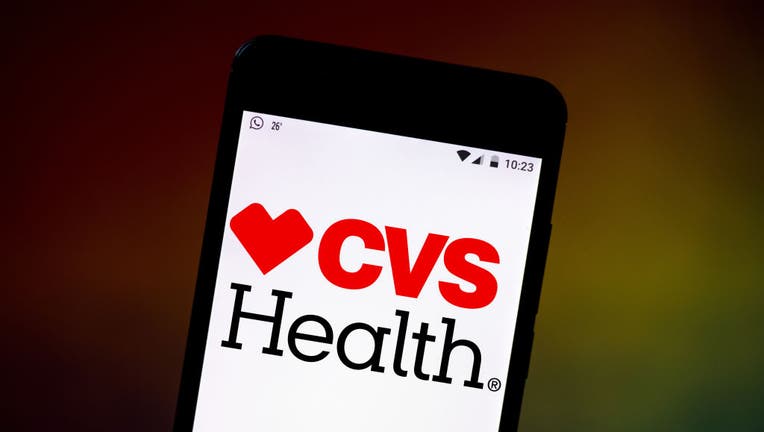CVS won't charge fees for home delivery of prescriptions amid COVID-19 outbreak

FILE - The CVS Health Corporation logo is seen displayed on a smartphone. (Photo Illustration by Rafael Henrique/SOPA Images/LightRocket via Getty Images)
LOS ANGELES - CVS Health announced that it is waiving fees for home delivery of prescriptions as the novel coronavirus continues to spread across the United States.
RELATED: Coronavirus FAQ: Here’s what you need to know about the COVID-19 outbreak
The company said the move was aimed to keep people at higher risk of complications from COVID-19 from coming to the pharmacy to pick up new prescriptions and refills.
"Being committed to the welfare of those we serve means being responsive to evolving needs and acting swiftly. This is particularly true in times of uncertainty," said Troyen Brennan, M.D., M.P.H., Executive Vice President and Chief Medical Officer, CVS Health. "The latest steps we're taking will help ensure patients of all ages have every option available to them when it comes to filling prescriptions."
RELATED: Leave your mug at home: Starbucks bans personal cups amid coronavirus outbreak
CVS said the change will go into effect immediately.
The company also announed that Aetna, a subsidiary of CVS Health, will offer insured and Medicare-covered patients 90-day supplies of maintenance medications, in addition to waiving 30-day prescription maintenance medications limits for all CVS Caremark members.
Aetna is also offering customers COVID-19 testing and all telemedicine visits at no co-pay, according to the company.
MAP: This is where there are confirmed coronavirus cases in the US and around the world
The changes come as the novel coronavirus continues to sicken people across the U.S., triggering school closures, telecommuting and major event cancellations.
RELATED: COVID-19 more contagious than SARS or MERS, can live on surfaces for up to 9 days, studies say
COVID-19 is known to spread mainly from person-to-person contact through sneezing and coughing, but a separate study published in The Journal of Hospital Infection found that the virus may be able to live on surfaces like metal, glass or plastic for up to nine days.


